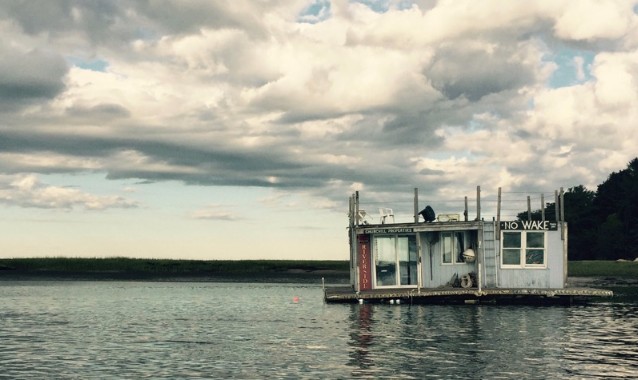
My own team is small, but like many of you, I work with (and for) mid-sized to biggish teams. I often wonder — who is more agile? Flexible? Able to create good work, regularly, and deliver it on time? As a small team, you can only do so much, so fast, at a standard you’d be proud of. So you’d think bigger teams must be able to do more, faster, at a better pace — and deliver wow-factor more regularly — right? I’ve been wondering.
On a biggish team, let’s say 30 people, there’s more room for error/blockage. There may be a bottleneck. Maybe it’s a CEO / president / manager whose contributions, while helpful (or sometimes not), are too focused “in” the business rather than “on” it. Maybe they haven’t set enough vision for what everyone should be working toward, so people have questions…feel rudderless…wonder what their “why” really is at the organization — which creates apathy. Maybe there’s a particular department that hasn’t caught up to technology and how to apply that to smoother, more fluid systems. Maybe it’s one person — one! And that person can’t deliver what needs to be delivered, over and over, but they have a special tenure / relationship / situation that makes it hard to move / remove them.
I think a lot of us who exist in teams of 3-4 people pine for bigger, more, the ability to hire someone to do all the things that don’t get done. And there’s a reality to that — in many cases one more person would plug a lot of leaks. But this idea that bigger is always better, faster, smarter isn’t remotely true as a rule. Your team is as good as the heart and soul of the people on it, as efficient as the systems in place to hold the team together, and the talent behind the work that gets produced and delivered. Those three ingredients, big team/small team/growing team — is the secret sauce.
The bigger the house, the more windows to wash.
The right kind of small is the sweet spot of margins, client load and an intimate, happy culture. Finding it is the challenge.


